All Blacks reign in our pre-November internationals 'World XV'

With the autumn internationals just days away, what better time to put together a current ‘World XV’?
The best of the northern hemisphere have all done battle in the Six Nations and headed on their travels in the summer to take on the pick of the southern hemisphere, before The Rugby Championship crowned New Zealand as champions for the third year in a row.
The Super Rugby season has come and gone, as have the domestic competitions across the participating nations, whilst the northern hemisphere season has started again with gusto, after Leinster led the way at the tail-end of the 2017/18 campaign.
There is a premium on recent form, so if a player has missed a sizeable amount of time this year due to injury, they may have struggled to make the cuts.
So, do you agree with our assembled ‘World XV’? Or have we dropped some clangers?
- Ben Smith, New Zealand
The most ordinary looking man in rugby is arguably the most extraordinary player in the world. There are no weaknesses to Smith’s game. The full-back carries incisively, keeps phases alive, positions himself well in the back field, defends resiliently and has the kicking game to relieve pressure or create space for teammates. Even if the All Blacks decide to favour the scintillating talents of Damian McKenzie or the rising star of Jordie Barrett at 15, Smith would simply move over to 14 and continue to excel.
Silver: Willie le Roux, South Africa and Wasps
Bronze: Israel Folau, Australia and Waratahs
- Waisake Naholo, New Zealand and Highlanders
It is a measure of the strength of New Zealand rugby that Naholo can make a ‘World XV’ like this, yet his position in the New Zealand XV is no certainty heading into a Rugby World Cup year. Naholo is an exquisite finisher, brings the blend of footwork, speed and power to beat his opposite man in a number of ways, and boasts a much-improved defensive game than the one he displayed a couple of years ago. All of that said, if a new name emerges at full-back or Israel Dagg can find his way back to top form, Naholo could be the player sacrificed in the back three, with Smith moving over to the right wing.
Watch: Waisake Naholo burns three Wallaby bystanders.
Silver: Nemani Nadolo, Fiji and Montpellier
Bronze: Jonny May, England and Leicester Tigers
- Semi Radradra, Fiji and Bordeaux
Radradra has taken the game of XVs by storm and he has been in devastating form for Fiji, Toulon and Bordeaux this year. There are times when he shoots defensively and can’t get there, potentially creating a hole for the opposition to exploit, but the impact he brings offensively by far outweighs those moments. A fit, confident and well-rested Radradra could well be the difference between Fiji making it to the quarter-finals of next year’s Rugby World Cup, or them bowing out at the group stage.
Watch: Radradra talks about his Rugby World Cup dream.
Silver: Jack Goodhue, New Zealand and Crusaders
Bronze: Huw Jones, Scotland and Glasgow Warriors
- Kurtley Beale, Australia and Waratahs
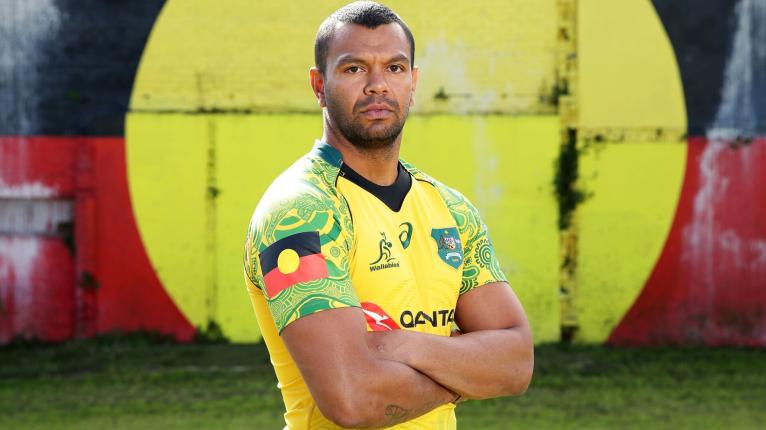
The Australian has thrived for franchise and country since he returned from his stint with Wasps in the northern hemisphere. He has also filled in at fly-half when required, but it has been at 12 where he has really excelled in the gold and green. Owen Farrell went well with an England team that struggled for much of 2018, but Beale sneaks ahead of him with the positive impact he has had on the Wallabies, particularly with his ability to create space for the players outside of him.
Silver: Owen Farrell, England and Saracens
Bronze: Robbie Henshaw, Ireland and Leinster
- Rieko Ioane, New Zealand and Blues
Just the 22 tries for Ioane in his 21 matches so far for the All Blacks. It’s a scary level of production for the 21-year-old, who went from strength to strength this year and is already one of the first names on the All Blacks’ teamsheet. There is still talk that his best long-term position with New Zealand could be 13, but he is certainly dominating on the left wing as things stand. As complete a skill set as you’re likely to find in any wing playing Test rugby at the moment.
Silver: Aphiwe Dyantyi, South Africa and Lions
Bronze: Jacob Stockdale, Ireland and Ulster
- Beauden Barrett, New Zealand and Hurricanes

Barrett has come in for some criticism this year, partly due to his goal-kicking and partly due to the impressive form of Richie Mo’unga, who is waiting in the wings right behind the Hurricanes playmaker. That said, he is still the most effective player at his position in the world and he creates so many scoring opportunities during a game with his feet and hands, that his sometimes-shaky form kicking at goal is rarely decisive in matches.
Silver: Jonathan Sexton, Ireland and Leinster
Bronze: Richie Mo’unga, New Zealand and Crusaders
- Aaron Smith, New Zealand and Highlanders
Arguably a less than vintage year for the scrum-half position, with both Smith and Conor Murray, the two leaders at the position, not quite reaching their peaks, as well as dealing with some injury issues. Will Genia’s continued resurgence was enjoyable to watch, but it wasn’t quite enough to dislodge Smith from his spot at the top. The all-round game that Smith brings is still the best that rugby can currently offer up at the position and there is a good reason why he continues to keep the impressive TJ Perenara, for the most part, on the bench.
Silver: Will Genia, Australia and Rebels
Bronze: Conor Murray, Ireland and Munster
- Steven Kitshoff, South Africa and Stormers
Of this entire XV, no player may have improved more this year than Kitshoff. He wasn’t in a bad place to start it, but the dominance of his scrummaging and carrying seems to have moved on to an even higher level. With the experience and still potent ability of Tendai Mtawarira also available, the Springboks may have the best one-two punch at the position in world rugby.
Silver: Mako Vunipola, England and Saracens
Bronze: Rob Evans, Wales and Scarlets
- Malcolm Marx, South Africa and Lions
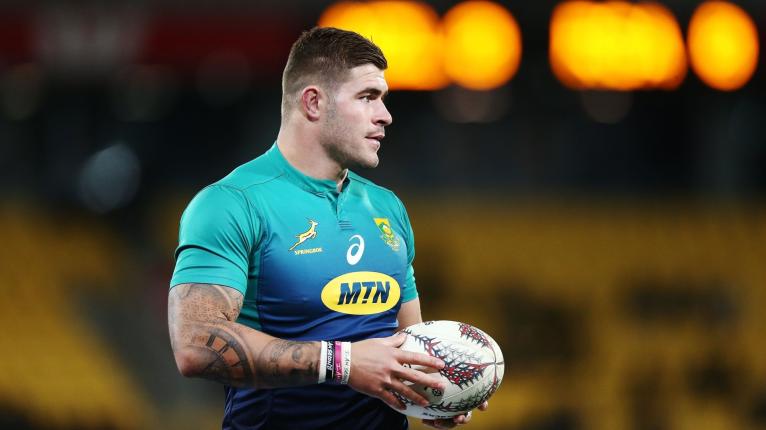
Dane Coles may well take revenge for his absence this autumn, but injury problems have plagued him in 2018 and the void has been emphatically filled by Marx. The critique on Marx last year was that his lineout work didn’t match up with the colossal impact he makes in the loose, but it is an area of his game that he has honed this year, to the point you certainly wouldn’t consider it a weakness any longer. If there’s a more destructive ball-carrier in international rugby, we have yet to see them.
Silver: Codie Taylor, New Zealand and Crusaders
Bronze: Guilhem Guirado, France and Toulon
- Tadhg Furlong, Ireland and Leinster
There may be tightheads who can match Furlong with their scrummaging, or others who can match his impact in the loose, but there are none that can match him in both. Another fine year turned in in Furlong’s burgeoning career and he is simply playing at a level above all other players at his position. There’s not much more to say than that.
Silver: Owen Franks, New Zealand and Crusaders
Bronze: Dan Cole, England and Leicester Tigers
- Eben Etzebeth, South Africa and Stormers
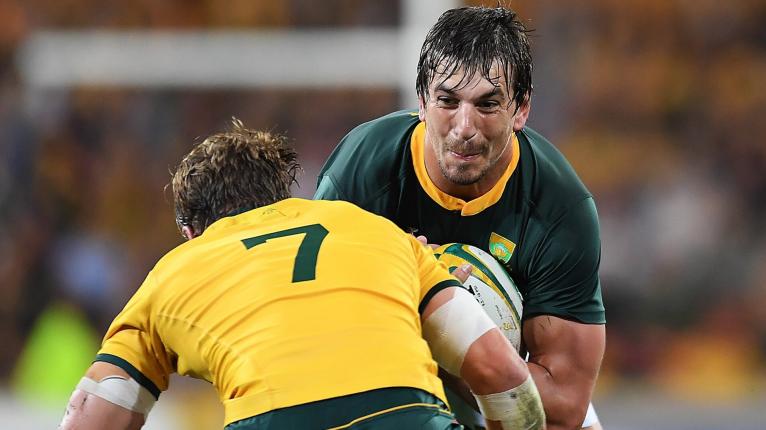
Obviously, Brodie Retallick would be a no-brainer selection here normally, but the Kiwi has missed his fair share of rugby this season. Etzebeth has had his injury struggles in Super Rugby, too, but the value he brought to the Springboks when he returned during The Rugby Championship was undeniable. Etzebeth may not be the most skilful lock in the world, but he is certainly one of the most impactful and with South Africa rediscovering a hard edge to their pack, his place in the engine room is crucial to their hopes of success.
Silver: Leone Nakarawa, Fiji and Racing 92
Bronze: Brodie Retallick, New Zealand and Chiefs
- Sam Whitelock, New Zealand and Crusaders
With the much-celebrated Retallick missing some of the year with injury, Whitelock’s arguably just as impressive game has been made even more apparent. He has dovetailed well with Scott Barrett at franchise and international levels and his mastery of the lineout is unsurpassed, certainly from an attacking and overall management perspective. He has had to be at his absolute best to see off the competition from the two players below.
Silver: Maro Itoje, England and Saracens
Bronze: James Ryan, Ireland and Leinster
- Peter O’Mahony, Ireland and Munster
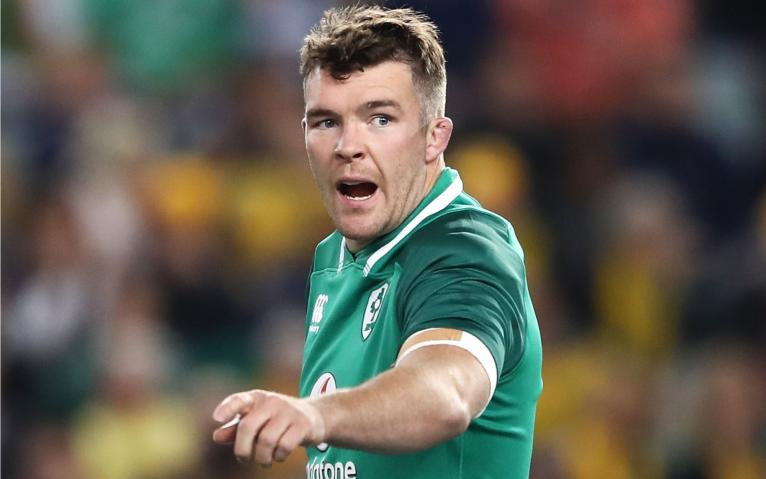
If Whitelock is the king of the attacking lineout, then O’Mahony is the regent of the defensive set-piece. His ability to read attacking throws, quickness to react and impressive vertical ability have made him a threat to steal ball on almost every throw. Couple that with his impressive work at the contact area, as a tackler and a carrier around the fringes, and you have the preeminent blindside flanker in the game.
Silver: Liam Squire, New Zealand and Chiefs
Bronze: Pablo Matera, Argentina and Jaguares
- Siya Kolisi, South Africa and Stormers
Some players feel burdened by the added responsibility of captaincy, but that clearly hasn’t been the case for Kolisi, who has flourished with the increased expectations. He led his side to a series victory over England, before consistently performing at an elevated level in The Rugby Championship. Not only has he given the Boks a threat to pilfer at the breakdown, his mobility and work with the ball in hand has kept them moving forward against some tough defences.
Watch: Kolisi reacts to the news that he was to be made captain of the Springboks.
Silver: Ardie Savea, New Zealand and Hurricanes
Bronze: Sam Cane, New Zealand and Chiefs
- Kieran Read, New Zealand and Crusaders
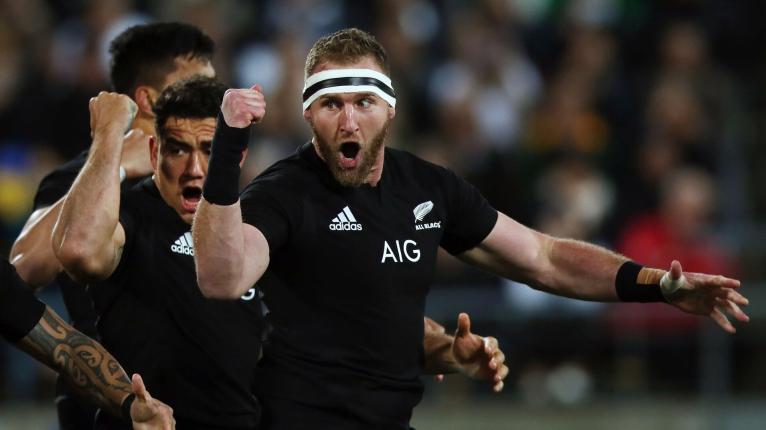
Another player not without his injury problems but Read has come on strong in the last few months and re-emphasised just why he is so important to what the All Blacks do. Like O’Mahony, Read is another brilliantly-gifted lineout option in the back row, and with such focus on having an efficient lineout in the Test game, his value is high. Throw into the mix his carrying work and ability to keep phases alive, as well as his leadership, and the Kiwi runs away with it at this spot, especially with Billy Vunipola having had an injury plagued year.
Silver: David Pocock, Australia and Brumbies
Bronze: CJ Stander, Ireland and Munster
Watch: Ali Williams Part I: The AB’s ethos and lessons from the ’07 World Cup























































